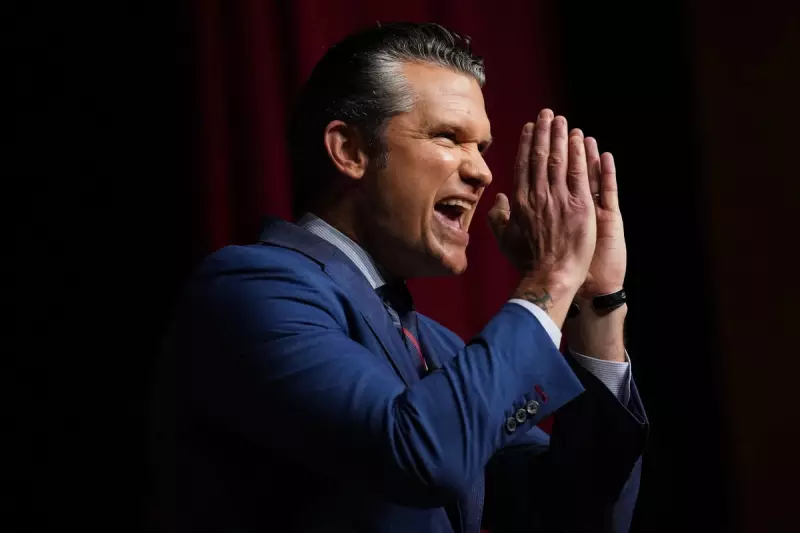
In a startling development that has raised eyebrows across media circles, former Fox News personality Pete Hegseth has made extraordinary claims about Pentagon correspondent Barbara Starr's reporting methods during a recent television appearance.
The Emoji Allegation
During his commentary, Hegseth suggested that Starr, CNN's respected Pentagon correspondent, employs emojis as a form of covert communication in her reporting. "They have ways of talking in emojis and other things," Hegseth stated, though he provided no concrete evidence to support this unusual assertion.
Context of Controversial Remarks
The comments emerged during a discussion about the Pentagon's decision to restrict Starr's access following her reporting on classified intelligence related to Russian military activities in Ukraine. Hegseth appeared to defend the Pentagon's move to limit the veteran journalist's access to sensitive information.
Hegseth argued that journalists like Starr should exercise more caution when handling classified material, suggesting that the Pentagon was justified in implementing access restrictions to protect national security interests.
Background of the Access Dispute
The controversy stems from Starr's reporting on US intelligence assessments concerning potential Russian false-flag operations in Ukraine. Her coverage, which provided detailed insights into American intelligence findings, apparently triggered concerns within defence circles about the disclosure of sensitive information.
In response to her reporting, Pentagon officials took the significant step of temporarily limiting Starr's access to certain briefings and sources—a move that has sparked debate about press freedoms and the balance between national security and the public's right to information.
Media Community Reaction
The journalism community has largely rallied behind Starr, viewing the access restrictions as concerning precedent for military reporting. Many have expressed scepticism about Hegseth's emoji claims, characterising them as unfounded speculation that distracts from serious questions about press freedom.
Barbara Starr has established herself as one of Washington's most respected defence correspondents during her decades-long career, known for her thorough reporting and extensive Pentagon contacts.
Broader Implications
This incident highlights ongoing tensions between news organisations and government institutions over the handling of classified information. It also raises important questions about how military reporting should be conducted during periods of international conflict and heightened security concerns.
The situation continues to develop as media advocates watch closely to see whether Starr's access will be fully restored and how this case might influence future interactions between journalists and defence officials.





